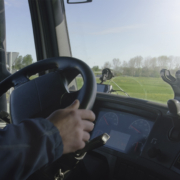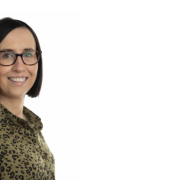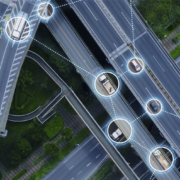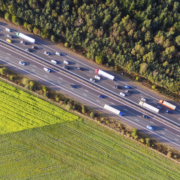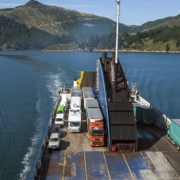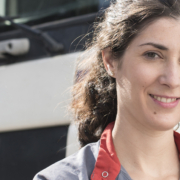During the first half of the year we have faced a pandemic which has resulted in everything from mobility restrictions, changes in supply patterns, changes in social and work patterns, a significant drop in economic activity… the list goes on and on.
The Netherlands has joined other countries in the Euro zone (Germany, Italy or Austria, among others) applying protectionist laws to safeguard the interests of its workers and ensure that there is no unfair competition.
In Vrio, we value human capital above all else, it is our number one asset and our people are our number one priority. The importance that we place on our people is paramount to our success as a customer centric business.
Cargo theft is not only very common, it is also very big business for organized criminals and gangs. Cargo thefts from supply chains in Europe, the Middle East and Africa (EMEA) more than doubled to 8,548 incidents in 2019 and product loss totaled over €137 million, according to the Transported Asset Protection Association (TAPA).
The items that disappear the most are branded clothing, alcohol, tobacco, electronics equipment, and medicines.
In Vrio, we value human capital above all else, it is our number one asset and our people are our number one priority. The importance that we place on our people is paramount to our success as a customer centric business.
By creating a working environment that is dynamic, fun, supportive, progressive and rewarding, we understand that a happy team reflects very positively not only within the business but with our customers too.
Intelligent Transport Systems (ITS) are vital to the future sustainability of the transport sector. With a focus on increasing road safety and tackling Europe’s growing emission and congestion problems, they can make transport safer, more efficient, and more sustainable by applying various information and communication technologies to all modes of passenger and freight transport. Moreover, the integration of existing technologies can create new services. ITS are key to support jobs and growth in the transport sector of the future.
Transport companies across Europe have been widely anticipating the outcome and decision on the new regulatory package that will fundamentally change the rules of the transport market.
When taking the ferry a whole host of questions and doubts can pop into your head. In this latest Overdrive post, we attempt to answer some of the most Frequently Asked Questions that our Services Department encounter on a day to day basis. Hopefully these will help you plan for a more relaxing trip.
Despite women occupying over 45% of all jobs in the EU, the percentage of women working in the transport sector is substantially less with numbers as low as 13% of the jobs in the road transport sector for example currently occupied by females. These numbers indicate the extent of the challenge that the transport sector faces in attracting more women to the many skilled and less skilled positions available despite the number of benefits that women bring to the workplace.
When the agreed Brexit transition period between the UK and Europe comes to an end on the 31st December 2020, the UK will no longer form any part of the EU tax regime, unless in the very unlikely event that both sides decide and agree to extend the transition period.
Services
Contact
Address:
422A Gower Road
Killay
Swansea
SA2 7AJ
Phone:
0845 313 2212
01289 540 540
Fax:
0845 313 2213


